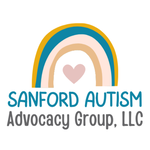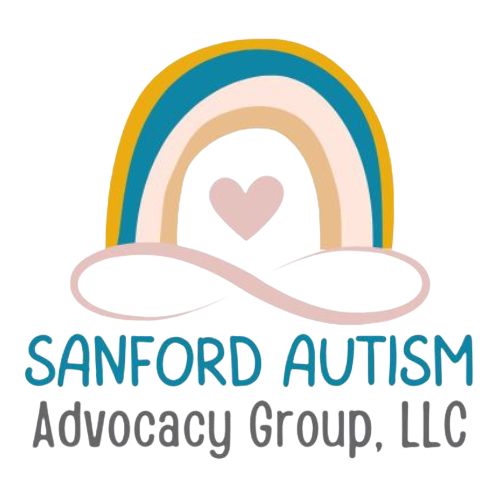|
8/15/2017 1 Comment Diagnosing Autism in AdultsCould an adult actually be diagnosed with Autism? With the increase in awareness, most individuals now are diagnosed with Autism Spectrum Disorder (ASD) at younger ages. However, that was not always the case. As a result, more and more adults are self-identifying behaviors and seeking information regarding an Autism diagnosis.
Behaviors typically related to Autism include: sensitivity to sensory input (touch, taste, smells), difficulty taking others’ perspective, having restricted interests, difficulty with changes to routine and challenges with conversational turn taking. Since some behaviors appear to overlap with other disorders, such as Obsessive Compulsive Disorder (OCD), some adults may have gone misdiagnosed or undiagnosed with Autism for decades. Another factor in late diagnosis is that girls are significantly less likely to be identified with ASD as compared to boys, instead being seen as “shy” or “introverted”. There are also many strengths related to Autism, including: honesty, attention to detail, high skill level in specific areas and less impacted by peer pressure. These strengths, along with great long-term memory and visual thinking skills, make adults with Autism excellent candidates for jobs in computer programming, photography, drafting, animal care, etc. Since there are no medical tests to diagnose Autism Spectrum Disorder, evaluations are typically conducted by psychologists or psychiatrists and consist of gathering systematic observations of the individual in a variety of settings. Input is also obtained from significant others, caregivers, friends, parents, etc. via questionnaires or checklists. However, the challenge is that most behavioral checklists used in assessment were designed for assessing children, not adults. Also, the parents of adults are often deceased or unable to provide quality information about early childhood behaviors– which is key to a comprehensive evaluation. Fortunately, evaluation tools are slowly being created to address the need for assessing Autism in adults. For example, in 2015 the Adult Repetitive Behavior Questionnaire (RBQ-2A) was developed to measure the extent to which adults are affected by repetitive and restricted behaviors (a core symptom of Autism). Also, some experienced child psychiatrists, pediatric neurologists, etc. may be open to working with adults suspecting Autism or can at least be a good resource for information. To learn more about Autism in adults, download the free tool kit provided by the Autism Speaks organization: https://www.autismspeaks.org/adult-tool-kit. Or, feel free to contact us for your free 30-minute consultation. References: Dr. David Beversdorf, www.autismspeaks.org, July 2014. Dr. Temple Grandin, www.iidc.indiana.edu, November 1999. K. Yandell, www.spectrumnews.org, September 2015.
1 Comment
|
AuthorCrystal Sanford, M.Ed., M.A. CCC-SLP, ASDCS is an Educational Consultant, IEP & Autism Advocate and Speech-Language Pathologist. She is also the host of inspiring podcasts, Thriving Special Families and Thriving Autism Families! Her passion is advocating STRONG alongside fellow Autism and other fellow parents of neurodiverse children, helping them to persistently pursue what their children deserve at school. In her free time, she enjoys gardening and spending time with her husband and two children in San Diego, CA. Archives
November 2023
CategoriesAll Amazing Grace Autism Info IEP Advocacy SAC Company Info Thriving Special Families Tips And Strategies |
Photos from Ivan Radic (CC BY 2.0), Ben Taylor55, Oregon State University, C. VanHook (vanhookc), Rod Waddington, bobobahmat, Ivan Radic, marcoverch, Szhlopp, quinn.anya, bennylin0724, Gamma Man, Lorie Shaull, vhines200, davidstewartgets, truewonder, wuestenigel, ecosistema urbano, Phil Scoville, Our Dream Photography (Personal), Alexander king79, Dick Thomas Johnson









